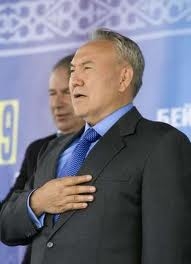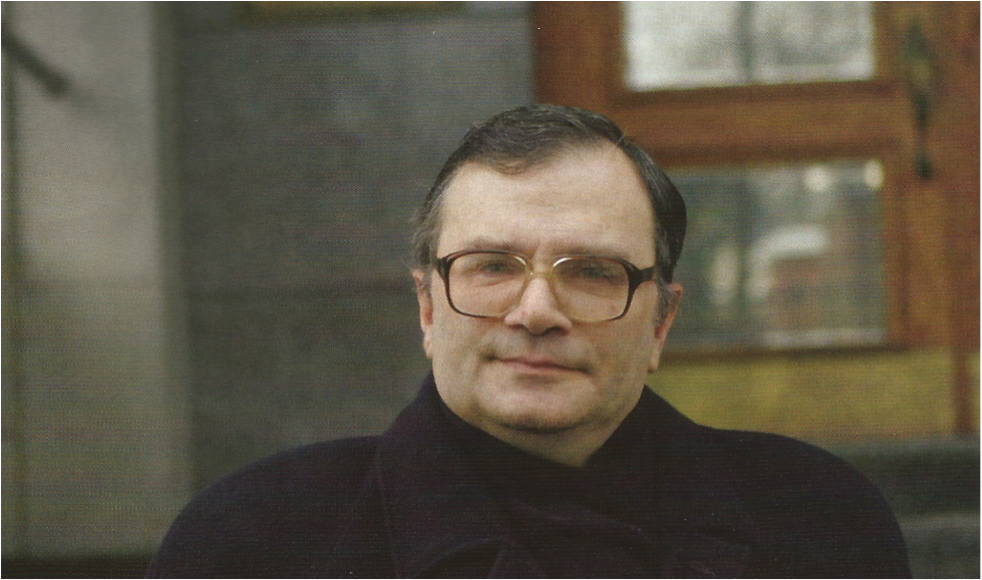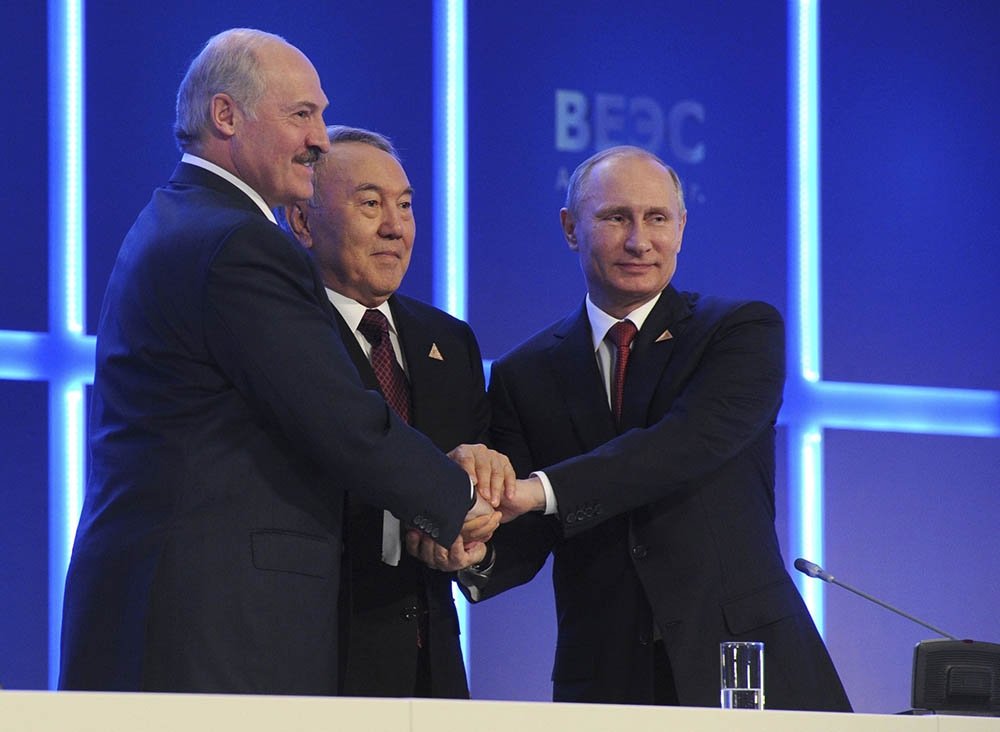
Canada eyes Kazakhstan as a top priority market
On December 16, folk festivals, parades, displays of traditional food and fireworks took over many cities across Kazakhstan. Cheering crowds flooded main streets to celebrate the country’s 23rd birthday.
In connection with Kazakhstan's Independence Day, prominent Canadian politicians and members of the business community shared their experiences of working with the Central Asian country. In recent years, Canada and Kazakhstan have been actively cooperating in many branches of economy, security and health care.
Stephen Millar, a former Ambassador of Canada to Kazakhstan from 2009 to 2014, says Kazakhstan and Canada have common factors that provide opportunities to share experiences and learn from one another.
“I want to stress how similar we are: We are both bilingual, multicultural societies. We are northern countries. We know what winter is, we know how to grow crops in conditions of harsh winter climates,” Millar says.

Deepak Obhrai, the Parliamentary Secretary to the Minister of Foreign Affairs, says Canada has already laid a strong platform for the bilateral relations growing each year.
“Our Global Markets Action Plan identifies Kazakhstan as a primary emerging market—there are opportunities for Canadian businesses,” Obhrai says, referring to the new trade plan released last November by Ed Fast, the Minister of Trade and Development of Canada.
Today, Kazakhstan is Canada’s number one trading partner in the post-Soviet region and in Eastern Europe. In the past two years, trade between the two countries has clinched $6 billion. Canada is also among the top ten largest trade and investment partners of Kazakhstan.
Cameco, Bombardier and Peace Country Petroleum are among some Canadian companies running their operations in Kazakhstan. There is a major cooperation in agriculture, mining, oil and gas industries. Recently, Kazakhstan bought 10 Q400 NextGen aircrafts from Bombardier worth $225 million. This partnership will also establish ADC—a new domestic airline in Kazakhstan.
Last November, during the visit of Canada’s Minister of Foreign Affairs John Baird in Astana, the top two uranium producing countries signed the Nuclear Cooperation Agreement. The agreement will enable both countries to export and import controlled nuclear materials, equipment and technology under oversight of the International Atomic Energy Agency (IAEA).
Eva Slawecki, director of project development at Canadian Society for International Health, finds many opportunities for cooperation in the health sector too. Both countries provide their population with universal health care. Both countries share common challenges.
“We can learn a lot from each other,” Slawecki says. “We have a lot of similarities in terms of our countries geographies and growth of populations, and I think it's a valuable experience that we can share.”
Slawecki says there is a lot of work needing to be done, but over the years of independence, Kazakhstan has come a long way.
“People in Kazakhstan are very professional and very interesting to work with. It's good to see that there is such a desire to learn from Canada, to learn the best practices in health.”
In a multiethnic country, there is also a great demand for manufacturing resources. Canada Pork International Agency has already taken care of this opportunity. The company provides Kazakhstan with resources for meat manufacturing.
Jacques Pomerleau, president of Canada Pork International, says the agency struck an agreement with Kazakhstan Meat and Dairy Union three years ago.
“We need to revive it. In light of sanctions by Russia, we want to develop a full class relationship with Kazakhstan, and not going through Russia or any other country,” he says.
In the future, Pomerleau says the agency intends to develop a much closer relationship with Kazakh consumers by customizing products to closely meet their needs and requirements.

Kazakhstan is a good partner for Canada because the country enjoys economic and social stability, says Piotr Dutkiewicz, a professor of political science at Carleton University. Yet, he says, it's time to extend cooperation of the two countries beyond economy.
“Judging by the economic facts – these relations are pretty strong,” Dutkiewicz says. “On the other hand, we don't have too much of the scientific research and cultural exchange—that's what is missing in our relations.”
Dutkiewicz says Canada should open a visa section in its embassy in Astana to increase scientific and cultural exchange.
“What is now slightly problematic is that going to Kazakhstan—we can get visas in Ottawa, but Kazakhs, who are going to visit Canada—they have to make their visas in Moscow, Russia,” Dutkiewicz says.
It's clear there is much to celebrate in Kazakhstan and Canada relations. Both countries are similar in many ways, allowing them to perform well on the economic stage. It's also clear both partners are ready to leave their comfort zone and undertake other stages of cooperation.
In light of the upcoming Expo-2017 in Astana, Canadian companies, start-ups and travellers should take note. There are still many more unexplored opportunities in this distant yet akin central Asian country.













